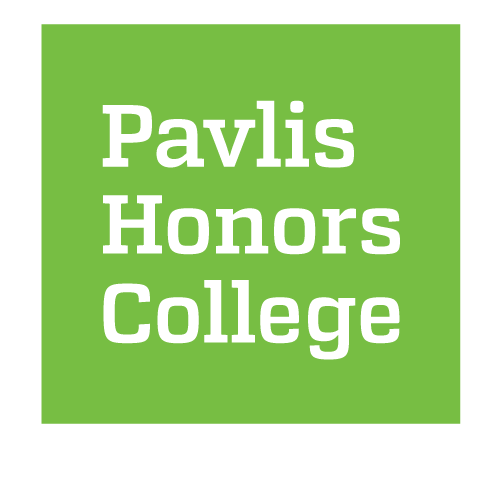The Global and Community Engagement Conference is a dialogue and celebration of our efforts to solve issues that confront communities in need.
The Michigan Tech campus hosts this annual conference every fall to give a platform to the voices of those serving communities both domestically and abroad. This event highlights voices from all backgrounds—faculty, staff, students, and local organizations—who are making a difference in communities worldwide.

GCE Conference 2024 - "Igniting Change Through Generosity"
October 12, 2024
Join us for a day of inspiration, collaboration, and learning as we explore innovative ways to address global and local challenges. This conference brings together students, faculty, staff, and community members to share ideas, experiences, and solutions for creating positive change. Featuring a keynote by internationally recognized philanthropy expert and Fulbright Specialist Lisa M. Dietlin, along with workshops, panels, and a volunteer & resource fair, this event is designed to empower and equip you to make a meaningful impact.
The conference will be held on Saturday, October 12, 2024 from 9am-3pm in the Memorial Union Ballroom and lunch will be provided. The event is open to all students, faculty, staff, and community members. Whether you’re interested in global issues, local community projects, or both, this conference has something for you.
The GCE Conference is a collaboration between multiple groups including: Pavlis Honors College, Office of Sustainability and Resilience, Keweenaw Community Foundation, and Student Leadership and Involvement.
This program is partially funded/sponsored by the Visiting Professor Program which is funded by a grant to the Office of the Provost from the State of Michigan's King-Chavez-Parks Initiative.
Interested in getting involved? Please email honors@mtu.edu for more information.
Conference Keynote Speaker - Lisa M. Dietlin

Lisa M. Dietlin is an internationally recognized expert on philanthropy, charitable giving, and transformational change in both the personal and professional arenas. A leading figure in the American nonprofit sector, her deep experience with fundraising and the nonprofit sector, groundbreaking research on giving patterns, and influential ideas on transformational philanthropy have led her to become one of the most trusted philanthropic advisors in the nation, making numerous appearances on TV and radio. In 2023, she was named a Fulbright Specialist by the US Department of State.
In addition, Lisa’s conviction that anyone can be an agent for positive change by Making A Difference® in their own life has made her a highly sought after keynote speaker, lauded for delivering compelling and practical tools for personal growth, goal achievement, and maintaining a healthy work/life balance full of “happiness and joy” to a wide range of audiences across all industries.
A frequent contributor to magazines and news outlets, Lisa has also authored several books on the subjects of change and growth, including Transformational Philanthropy: Entrepreneurs and Nonprofits, the Making a Difference: 365 Tips, Ideas, and Stories to Change Your World series, The Power of Three: How To Achieve Your Goals By Simply Doing Three Things A Day, and the autobiographical I Got Hit By A Taxi But You Look Run Over: Life Lessons about Happiness and Joy.
Behind the scenes, Lisa has provided strategic guidance to over 1000 organizations, as well as to entrepreneurs, corporate leaders, and nonprofit boards and staffs to help them enact transformational change at the individual, structural, and national levels. As founder of The Institute of Transformational Philanthropy, she is an in-demand coach and instructor with frequent stints as adjunct faculty at Chicago’s Northwestern University, DePaul University, and North Park University, as well as helming training seminars for clients ranging from Fortune 500’s and international charitable organizations to community-based nonprofits.
Lisa’s awards include the Distinguished Graduate Award from Alpena Community College, being named one of the 20 Most Inspiring Chicagoans and induction into the Alpena High School Hall Of Fame. She serves on the Advisory Board of the Metropolitan Capital Bank and Trust, and for three years she served as a National Judge for the Tom’s of Maine "50 States for Good" annual charity recognition award, and was recently cited as a “Remarkable Woman” by The Chicago Tribune.
A native of Michigan, Lisa holds undergraduate degrees from Michigan State University and Alpena Community College, and a Master’s Degree in Philanthropy and Development from Saint Mary’s University of Minnesota.











